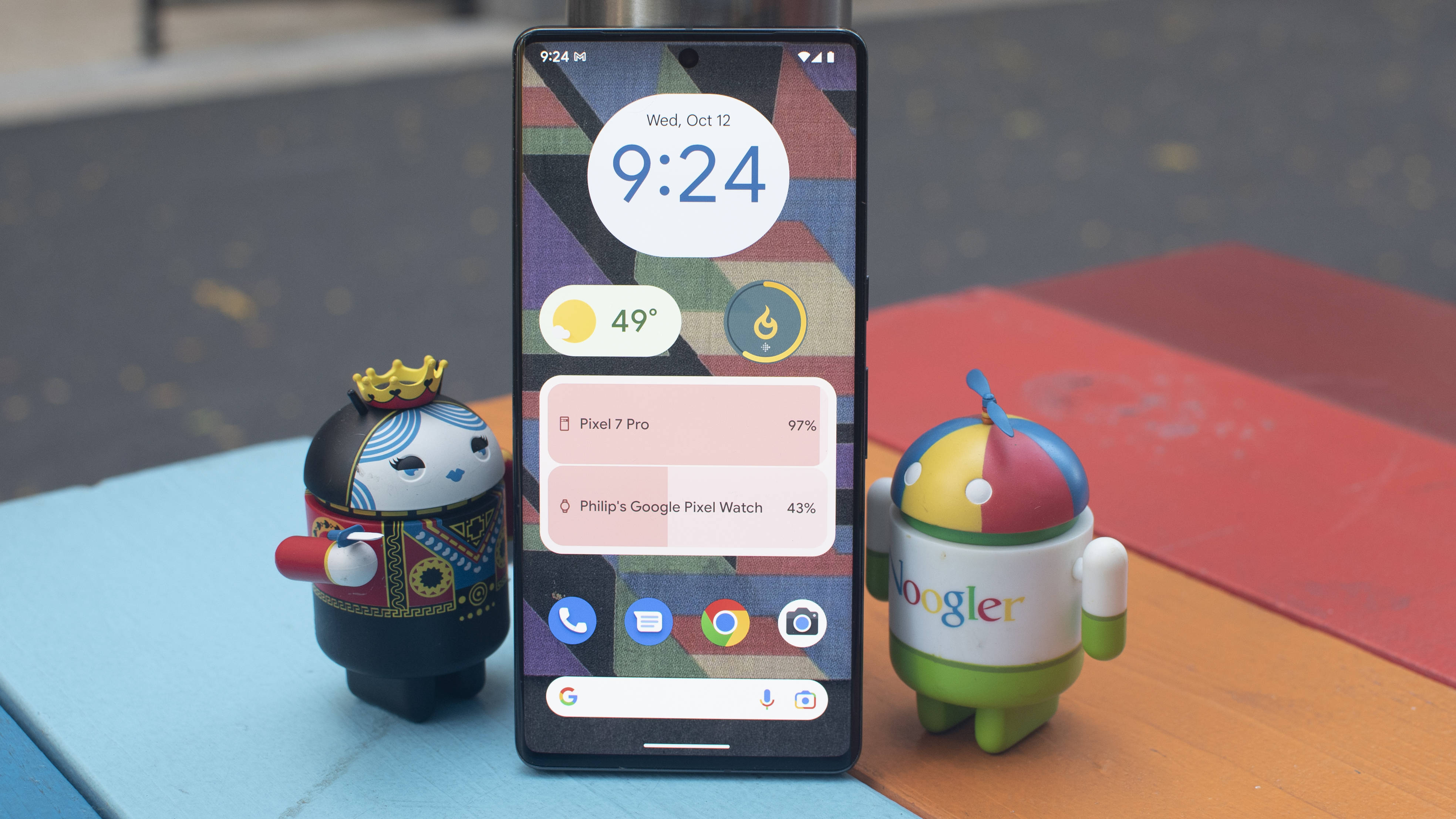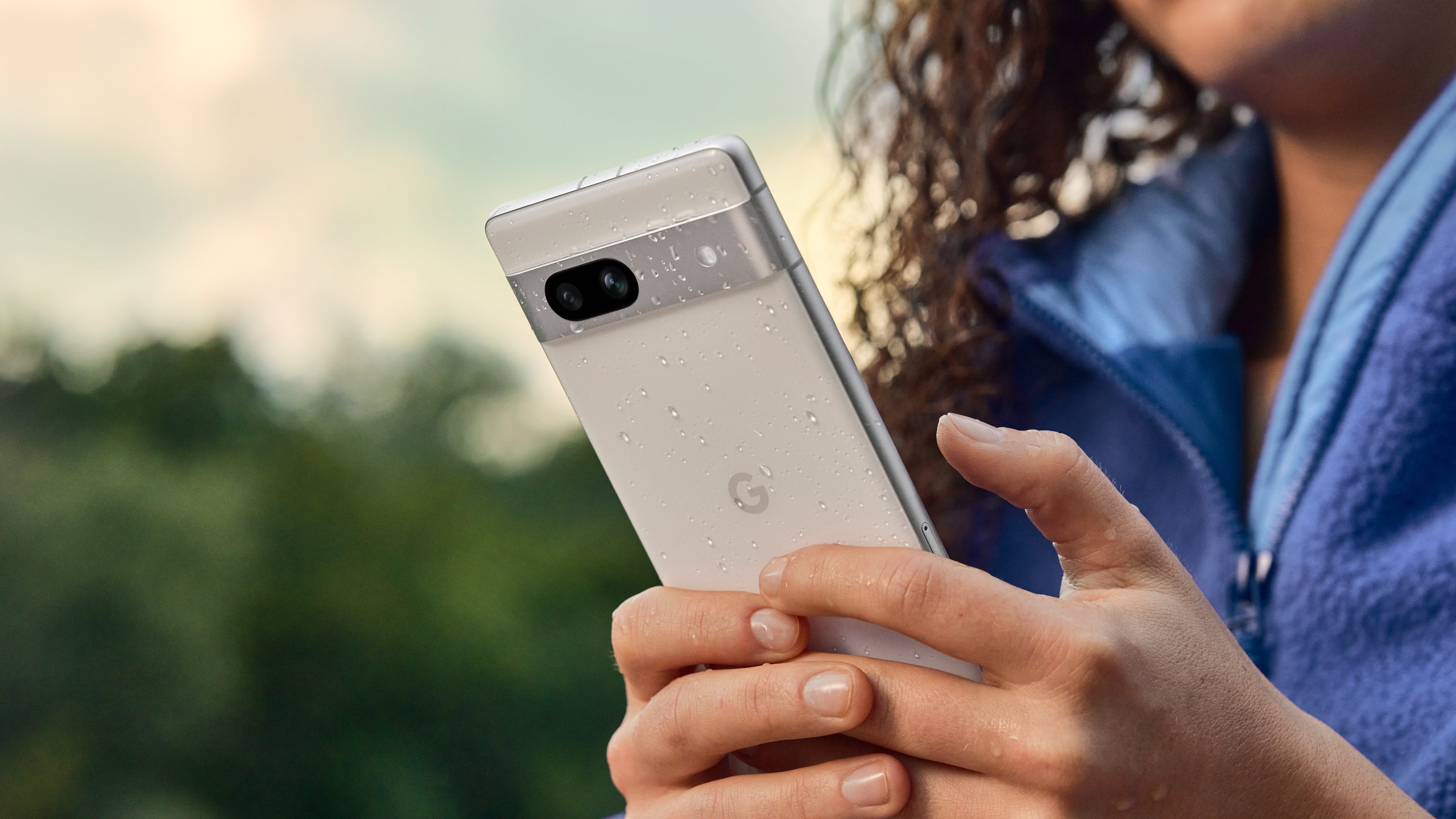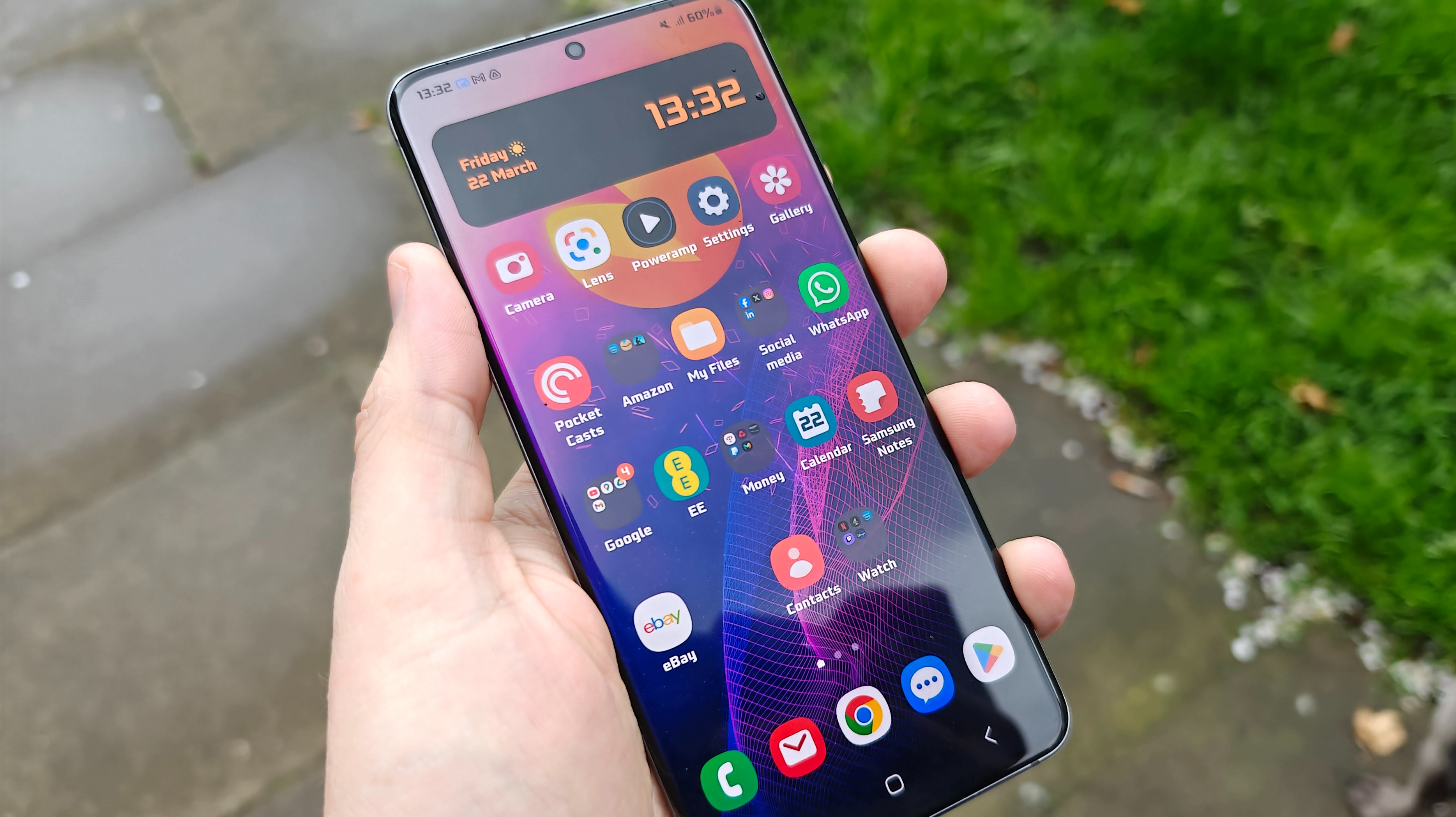Your Android phone will soon get new anti-theft tools to keep your data safe
Keep your devices and data safe

Google has just announced a slate of new features that should help protect your Android device – and the valuable data it contains – if it is lost or stolen. Put together, they could help thwart a thief’s attempts to resell your device or profit from its data.
Unsurprisingly, given the current artificial intelligence (AI) mania, AI plays a role in one of the most interesting new features Google has unveiled. Called Theft Detection Lock, this uses AI to determine if someone has snatched your phone out of your hand and then tried to escape by running, cycling or driving. If the Android handset detects that sequence of events, it will automatically lock your phone, denying access to everything contained within it.
Another tool that can help you the moment your phone is taken is Offline Device Lock. This will automatically lock your device’s screen if it has been disconnected from the internet for a long time or after a large number of unsuccessful authentication attempts have been made.
If your phone is already in the wrong hands, Remote Lock will let you lock its screen using your phone number. You can do this from any device after passing a security challenge, and it means you don’t need to remember your Google account password in the heat of the moment.
Anti-theft protections

Those new features all come into play in the time after your device has been taken, but Google has also added means to deter criminals from ever taking your Android phone in the first place.
For example, if an Android device is reset to factory settings, a thief will need to know your device or Google account credentials. If they don’t, they won’t get any further, making it very difficult for them to wipe your device and sell it on. As well as that, disabling Find My Device now requires either a PIN or biometric authentication. This reduces the chances of a bad actor hiding your phone’s location from you.
Google has also introduced a new “private space” feature in Android. This allows you to set up a dedicated area on your phone that can be hidden and protected with a separate PIN from your phone’s main credentials. You can then use this private space to store apps that might contain sensitive data that a thief would want to access, such as financial or medical information.
Get daily insight, inspiration and deals in your inbox
Sign up for breaking news, reviews, opinion, top tech deals, and more.

As well as that, a new ‘enhanced authentication’ setting (which needs to be enabled) requires a biometric check when key Google account and device settings are accessed from an untrusted location, such as changing your PIN, disabling theft protection features or accessing your passkeys.
This last feature is reminiscent of a similar tool Apple has added into iOS called Stolen Device Protection. This makes biometric authentication a requirement for many important actions and also imposes waiting times on changing certain settings if your phone is in an unfamiliar location.
Like the new features in iOS, Google’s updates to Android could be just what you need to keep your phone and its data safe. Google says that factory reset protection and private space will be available in Android 15, while enhanced authentication protections will be “released to select devices later this year.” All other features will be available to devices running Android 10 or later.
You might also like

Alex Blake has been fooling around with computers since the early 1990s, and since that time he's learned a thing or two about tech. No more than two things, though. That's all his brain can hold. As well as TechRadar, Alex writes for iMore, Digital Trends and Creative Bloq, among others. He was previously commissioning editor at MacFormat magazine. That means he mostly covers the world of Apple and its latest products, but also Windows, computer peripherals, mobile apps, and much more beyond. When not writing, you can find him hiking the English countryside and gaming on his PC.